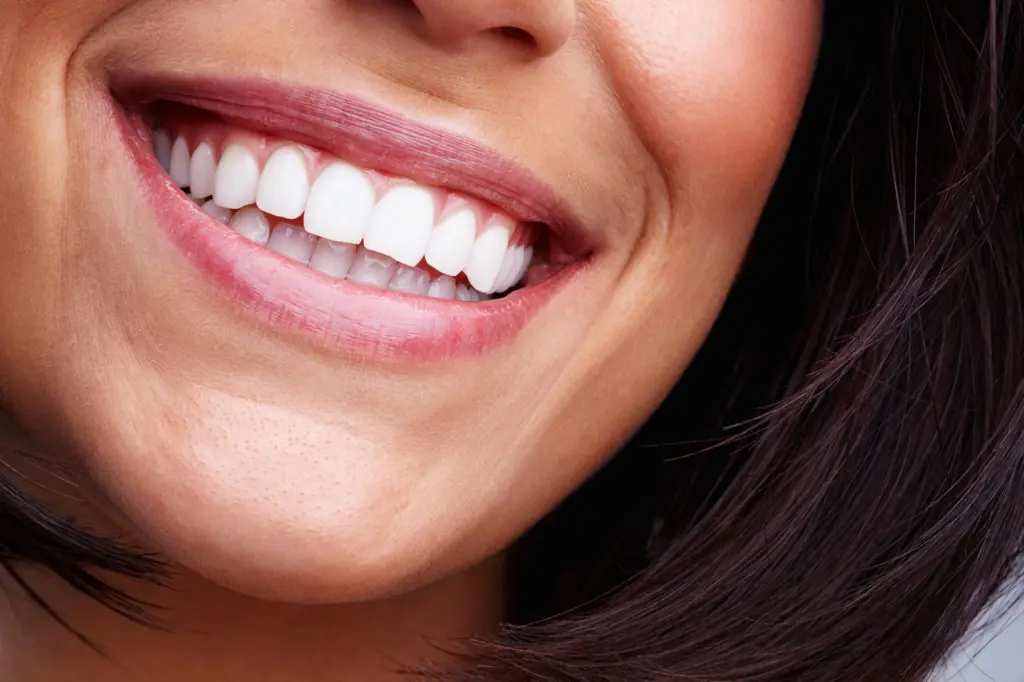The Cultural Obsession With Teeth Whitening and What It Really Says About Us
Teeth whitening has become a must-have for many, but why are we so focused on achieving a perfect smile? In a culture that’s constantly striving for perfection, a white smile has come to represent more than just good dental hygiene—it’s a sign of youth, confidence, and success.
But beneath this obsession lies a deeper question: What are we truly seeking when we go to great lengths for a brighter smile? From beauty standards to societal expectations, teeth whitening speaks volumes about how we view ourselves and others in today’s world.
Why has teeth whitening become such a strong cultural symbol of beauty?
Teeth whitening has evolved into more than just a cosmetic procedure—it’s become a cultural symbol of beauty. Here’s why:
- Media Influence: From celebrities to influencers, a white smile is constantly showcased as a sign of attractiveness. This media portrayal sets high standards for beauty and creates a desire to look like these idealized figures.
- Youth and Health: White teeth are often associated with youth, health, and vitality. A bright smile suggests that a person takes care of themselves, aligning with societal expectations of well-being.
- Social Perception: In professional and social settings, a white smile can signal confidence and success. People tend to associate whiteness with cleanliness and approachability.
- Aesthetic Trends: As cosmetic dentistry improves, more people have access to affordable teeth whitening options. This accessibility has made teeth whitening an achievable beauty standard for a larger population.
- Self-Worth and Confidence: Whitening teeth is often linked to boosting self-esteem. Many believe that enhancing their smile improves their overall appearance, which can positively impact their social interactions.
Teeth whitening represents a broader cultural obsession with perfection and appearance, reflecting our desire for societal validation.
How does the pursuit of whiter teeth reflect modern social values?
The pursuit of whiter teeth reflects several modern social values, highlighting the importance of appearance, perfection, and self-improvement. Here’s how it mirrors contemporary cultural norms:
- Perfectionism and Idealized Beauty: Society increasingly values flawlessness, and teeth whitening has become a symbol of striving for physical perfection. A white smile is often associated with the idea of having a “perfect” appearance, prompting individuals to strive for an unattainable beauty ideal.
- Youth and Vitality: White teeth are often associated with youth, vitality, and good health. In an age where youthfulness is highly coveted, maintaining a bright smile becomes a way to appear younger, fresher, and more energetic.
- Social Status and Success: In many cultures, a white smile is seen as a reflection of success, wealth, and personal care. Whitening treatments, often marketed as luxury or premium products, signal an individual’s ability to invest in their appearance, reinforcing social hierarchies.
- Self-Improvement and Self-Care: The rise of self-improvement culture has made teeth whitening a symbol of self-care and personal enhancement. Many view it as a simple way to boost their self-esteem and confidence, aligning with the modern trend of investing in one’s own well-being and appearance.
The pursuit of whiter teeth reveals a focus on outward appearance and societal pressures to meet beauty standards in an age that increasingly values image and self-presentation.
What does society’s focus on tooth color reveal about personal identity?
Society’s focus on tooth color reveals a lot about how external appearances and cultural standards shape personal identity. The emphasis on white, perfect teeth suggests that personal worth is often tied to conforming to societal ideals of beauty and perfection. In a world where image plays a significant role, a bright smile has become a symbol of self-care, success, and vitality. People with white teeth are often perceived as healthy, attractive, and confident, and this perception can influence how they are treated socially and professionally.
This focus on tooth color also reflects a broader cultural shift toward self-optimization, where individuals feel pressured to enhance their physical appearance in pursuit of an idealized version of themselves. It highlights a desire to align personal identity with societal expectations of beauty, often at the cost of embracing natural, unique features.
As a result, tooth color becomes more than just a cosmetic concern—it’s tied to a deeper need for validation and acceptance. Ultimately, society’s preoccupation with teeth signals how much personal identity is influenced by external appearances and the societal standards we strive to meet, often overlooking the value of authenticity and individuality.
How has the idea of a perfect smile shaped global beauty standards?
The idea of a perfect smile has significantly shaped global beauty standards, influencing how people perceive attractiveness, health, and success. Here’s how it has impacted beauty ideals across cultures:
- Universal Symbol of Attractiveness: A bright, even smile has become a universal marker of beauty in many cultures. This ideal has been heavily promoted through media, advertising, and celebrity culture, where a perfect smile is often seen as synonymous with physical appeal. As a result, the perfect smile is now a global beauty standard that many strive to achieve.
- Health and Vitality Association: A flawless smile is often linked to good health, vitality, and well-being. In cultures worldwide, people with bright, straight teeth are seen as healthy and youthful, which enhances their attractiveness. This has contributed to the widespread belief that a perfect smile reflects a person’s overall lifestyle and self-care.
- Social and Professional Influence: In many societies, a perfect smile is linked to success and social status. People with straight, white teeth are often viewed as more confident, approachable, and even more successful. This perception has made cosmetic dentistry and teeth whitening increasingly popular as individuals seek to improve their personal and professional lives.
- Pressure to Conform: The emphasis on the perfect smile has also created pressure for people to undergo expensive dental treatments to fit this beauty ideal, often influencing self-esteem and body image on a global scale.
Redefine Beauty Beyond Whitening!
At Paradise Dental Smiles, we invite you to question the cultural obsession with teeth whitening and what it really says about us. While a bright smile can boost confidence, it’s important to remember that beauty isn’t defined by perfection.
The constant pursuit of a “whiter” smile reflects deeper societal pressures to conform to certain beauty standards. Instead of focusing solely on whitening, we encourage you to embrace your unique smile and celebrate your authentic self.
At Paradise Dental Smiles, we prioritize your overall dental health, helping you achieve a healthy, confident smile that truly reflects who you are!




